The mental and physical well-being of our nation’s babies and toddlers are potent indicators of our nation’s overall health. But the State of Babies Yearbook: 2022 shows that all is not alright for the littlest among us. The 2022 Yearbook reaffirms that families with infants and toddlers continue to struggle without a robust national policy agenda for babies that prioritizes the economic security, health, and early learning needs of babies and their families. The consequences of years of inaction reverberate, and many parents and primary caregivers today still do not have what they need to ensure a strong foundation for their children – the next generation.
The 2022 findings show the longstanding disparities in good health, strong families, and positive early learning experiences, draining our nation’s future potential and leaving families to fend for themselves. These disparities show the barriers Black and brown babies and babies in families with low-income face daily due to historical and current structural inequities. Our responsibility – and the responsibility of our country’s leaders – is to enact comprehensive, permanent, and vital child- and family-focused policies. We urgently need to build and strengthen the systems our babies need to thrive.
Fifty-two percent of the nation’s babies are children of color, which includes Hispanic (26 percent), Black (14 percent), Asian (5.5 percent), American Indian/Alaska Native (1.9 percent), Native Hawaiian/Pacific Islander (.2 percent) and Multiple Races (5.2 percent) of babies. Because of historical and structural inequities resulting from systemic racism, American Indian/Alaska Native, Black and Hispanic children are more likely to be poor, have early adverse experiences, and live in unsafe neighborhoods or unstable housing. American Indian/Alaska Native and Black infants are more likely to be born too soon or too small, which persists even in highly ranked states.
Access to quality early learning experiences was challenging before the pandemic. COVID-19 continues to have severe implications for babies’ early learning and development, both in the home and in increasingly stressed childcare settings.
The first three years of life shape every year that follows. Though every baby is born with unlimited potential, opportunities to grow and flourish are not shared equally, reflecting past and present systemic racism and barriers to critical resources. When babies consistently have what they need for positive cognitive, physical, and mental health – including safe, stable, nurturing relationships and environments – they are building the foundation for the rest of their lives. But when babies consistently do not get what their growing brains need to thrive, they don’t develop as they should, leading to lifelong developmental, educational, social, and physical challenges.
To do better for our babies and our nation’s future, we need Congress and state leaders to seize the opportunity to create the forward-looking, family-centered policies that our government has lacked. Policymakers need to prioritize babies through policies built on the science of brain development and budgets that put babies and families first.
Invest in high-quality childcare
Enact permanent paid family and medical leave
Permanently expand the Child Tax Credit.
Expand Early Head Start
Invest in Infant and Early Childhood Mental Health
Transform systems for solid family support

